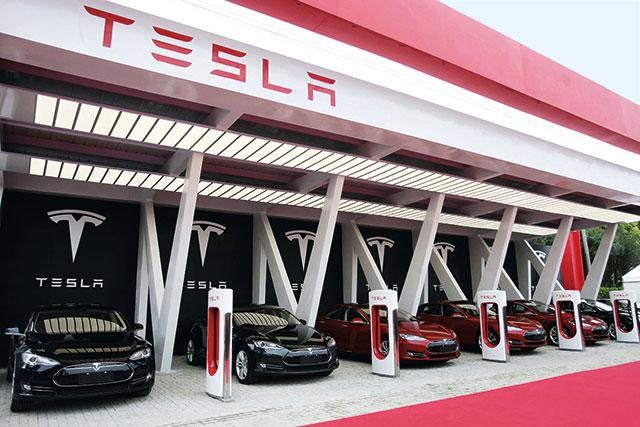So, your explanation is for the fall in car manufacturing output is that the full sale cost INCREASE even if the amount decrease?
I have to say that even if this is the case ( I seriously doubt it : D) it would means there is less middle class customer, and they income has been redistributed to the upper class.
But it is relatively easy to found out, I will check the ratio of classes, and the change of them
@manqiangrexue theory is about the "decrease volume, increase price" , and that is way less plausible.
Any more theory?
I'm so sick of you being stupid here. You can't read, so you didn't understand what I said, causing you to imagine arguments that were never placed. Then, you can't even remember past conversations. So that leads to you bring the same stupid points up again and again and people have to tell you the same thing again and again. It's like you have the education of a child but the memory of an old person; I don't know what's wrong with you. I'm not going to rewrite these lessons I already taught you. Here, I quote them from the past. The answer is there; reread them until you get it.
https://www.sinodefenceforum.com/trade-war-with-china.t8265/page-237#post-527702
"China is selling fewer cheap conventional cars and more expensive high-tech cars. That does not point to declining ability to afford things. If it was like Europe and we start seeing Chinese people buy more small cheap cars, maybe we can conclude that.
Trucks took the biggest hit, yes. For many reasons:
1. China's economy is shifting away from producing tons of cheap goods to streamlined high tech goods. That's reduced shipping volume.
2. China's economy is shifting towards the services sector, to further reduce the shipping requirement.
3. China's high speed rails have left many older trains that take 16 hours to go from Shanghai to Nanjing without passengers so they have become cargo trains. Although trucks still have to load and unload them from their origin and destination, that means these trucks are driving 15 miles instead of 500 miles. That increased their longevity significantly."
https://www.sinodefenceforum.com/trade-war-with-china.t8265/page-238#post-527790
"The world right now is shifting from conventional vehicles to EV and/or hybrid energy vehicles. It is still a relatively new concept and these cars are improving rapidly compared to conventionally-fueled vehicles, which are very mature technology. What happens right before the new iphone or Samsung or Huawei comes out? Sales of the current models drop off in anticipation for improvement. This drop in sales can in no way be interpreted as under-performance or economic disaster for the company.
Car sales are basically declining in every major economy around the world now. I believe another factor is that with the maturation of traditionally-fueled vehicle technology, the cars of today are lasting longer than the cars of the past and that is causing the replacement rate to drop."
The most plausible is the decrease of money in the hand of customers.
This is not even a possibility looking at the actual economic numbers. Also, China's overall spending on everything, NOT just conventional cars and pork, (which, judging by your posts, are the only 2 things to measure an economy by LOL), rises every year.
And yes,
@Equation has a good point I did not think about. China's government discourages vehicle purchase to cut down on pollution and congestion. Fuel is heavily taxed, license plates regulated per family (and by lottery), AND these plates are restricted from driving on certain days by number. Public transportation, on the other hand is improving, being cleaner and faster. So while normally, people with more money opt for cars over public transport, urbanization can reverse this. When it takes you 2 hours and $12 in fuel to drive through heavy city traffic, and you can only do this Monday and Wednesday, while the subway is $1.50 and zips you there in 30 min, you figure out which one you'd rather take if you can afford both. I lived in Manhattan for many years and never had trouble affording a car, but I always left my car in Texas at my mother's because it just doesn't make sense to have it in the city.

